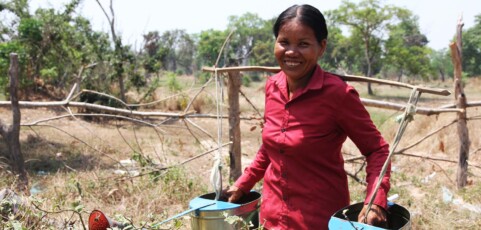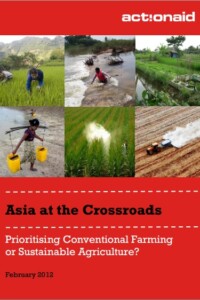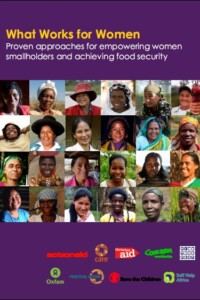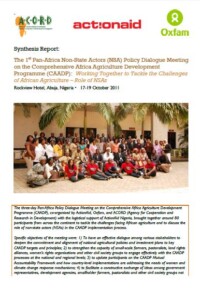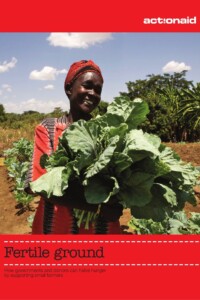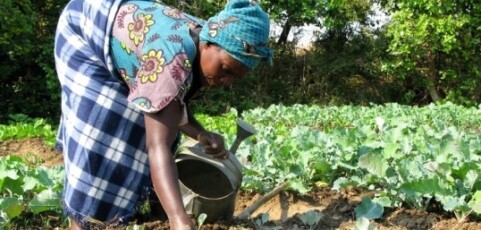This document summarises case studies from ten countries through ActionAid’s approach to climate resilient sustainable agriculture, which incorporates agroecology in a human rights framework. Based on these experiences ActionAid recommends to increase investment in agroecology, as part of a comprehensive human rights based approach: Read more
Fed up. Now’s the time to invest in agroecology
With case study evidences from Bangladesh, Cambodia, Indonesia and Pakistan, and citing global studies and surveys, this report argues that agro-ecology – or ecological agriculture – offers tools that can help the poorest communities to develop new, affordable, dynamic, low-carbon and locally-adaptable models of agricultural development to meet these multiple challenges. Recent research shows that agro-ecology is highly productive and holds great promise for the roughly
500 million food-insecure households around the world.
Asia at a Crossroads
This paper seeks to address fundamental questions about the agriculture sector in Southeast Asia and China and to begin to sketch what a way forward – a way towards the “green economy” – may look like.
What Works for Women. Proven approaches for empowering women smallholders and achieving food security
What changes do we need to empower women smallholders and achieve food security? The report tries to answer.
Synthesis Report: The 1st Pan-Africa Non-State Actors (NSA) Policy Dialogue Meeting on the Comprehensive Africa Agriculture Development Programme (CAADP): Working Together to Tackle the Challenges of African Agriculture – Role of NSAs
The report is the result af a dialogue among various stakeholders to deepen the commitment and alignment of national agricultural policies and investment plans to key CAADP targets and principles.
Fertile ground. How governments and donors can halve hunger by supporting small farmers
This report shows that recent budget increases in agriculture stop well short of what is needed to reverse the growing crisis of poverty, environmental degradation and hunger.
Climate Resilient Agriculture: Experiences from Action Aid and its partners
It is based on the identification of the major risks and challenges local communities face, and/or are likely to face in the near future, and on the design and implementation of site-specific adaptation strategies aimed at reducing vulnerabilities and increasing the resilience of the smallholder production systems. SEE ALSO http://www.actionaid.org/publications

